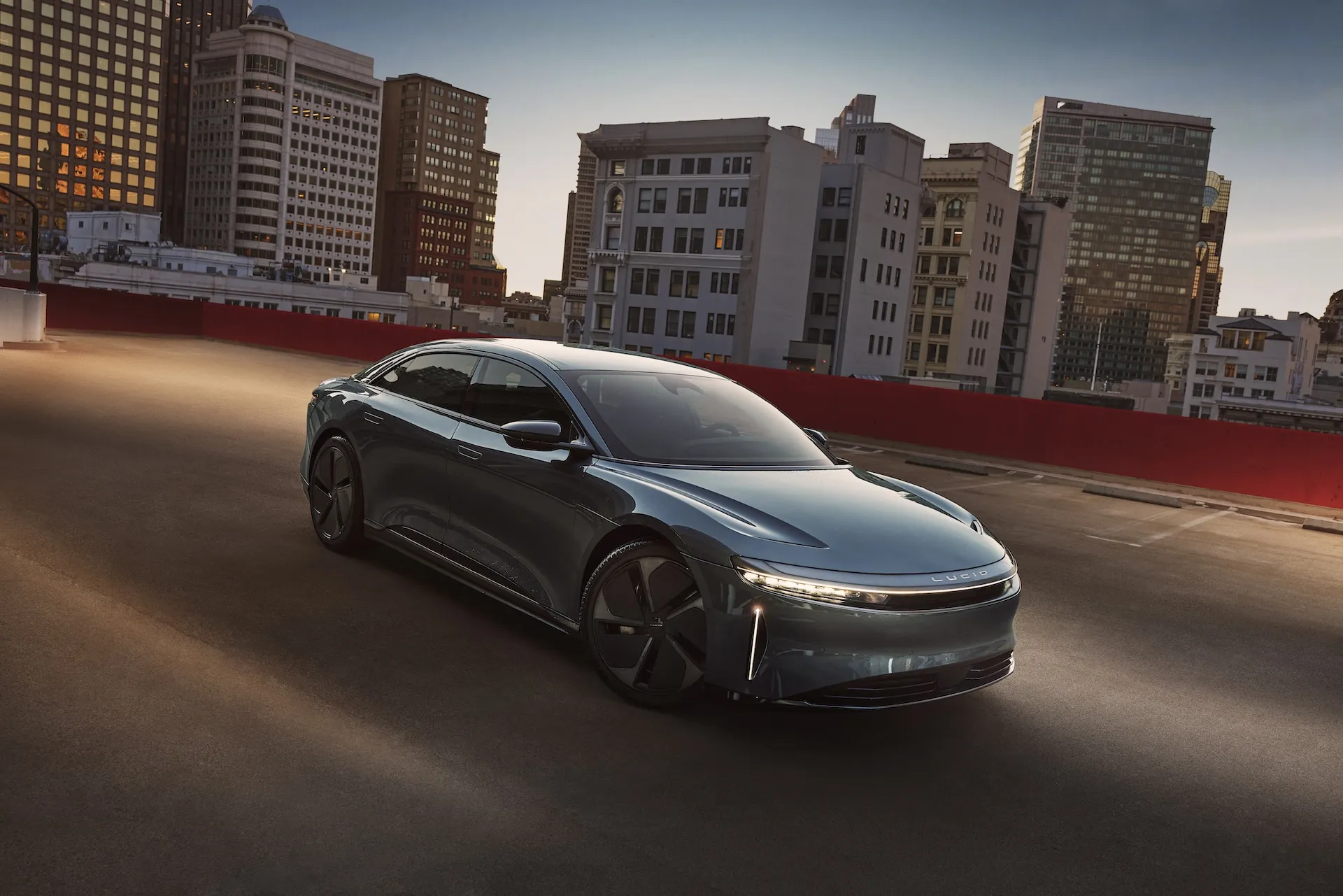In a new white paper, the group notes that boosting efficiency allows for smaller battery sizes, which in turn cuts costs. Most EVs average 2.5 miles per kwh, according to the paper, but the Tesla Model Y averages 3.5 miles per kwh. That’s a 40% increase which, assuming similar range, allows for a 40% reduction in battery size that’s worth up to $4,800 in cost savings, the ACEEE reasons.



Aptera is actually betting it all on efficiency. Not only it reduces the battery size required, but it also makes regarding faster and solar recharging more viable. If you only use it for short commuting, you don’t even need to plug it in anymore. Just leave it parked outside in the sun.
Meanwhile the rest of the EV industry is sitting in the corner eating glue with their stupidly huge, heavy and inefficient SUVs and trucks that waste resources to make batteries. Elon being the worst with his moronic cybertruck.
I think one of the coolest bits about Aptera’s approach is how you don’t really need to worry as much about cooling. If you trust their 100Wh/mi estimate, that’s an average draw of around 6kW compared to 15kW in even a Model 3.
Assume 90% efficiency (conservative), and its the difference between dissipating 600W of heat (midrange computer) vs 1.5kW (hairdryer). Passive cooling options especially around the batteries become more viable at that point.
I’d still want active cooling on the batteries for charging in hot areas or with fast charging